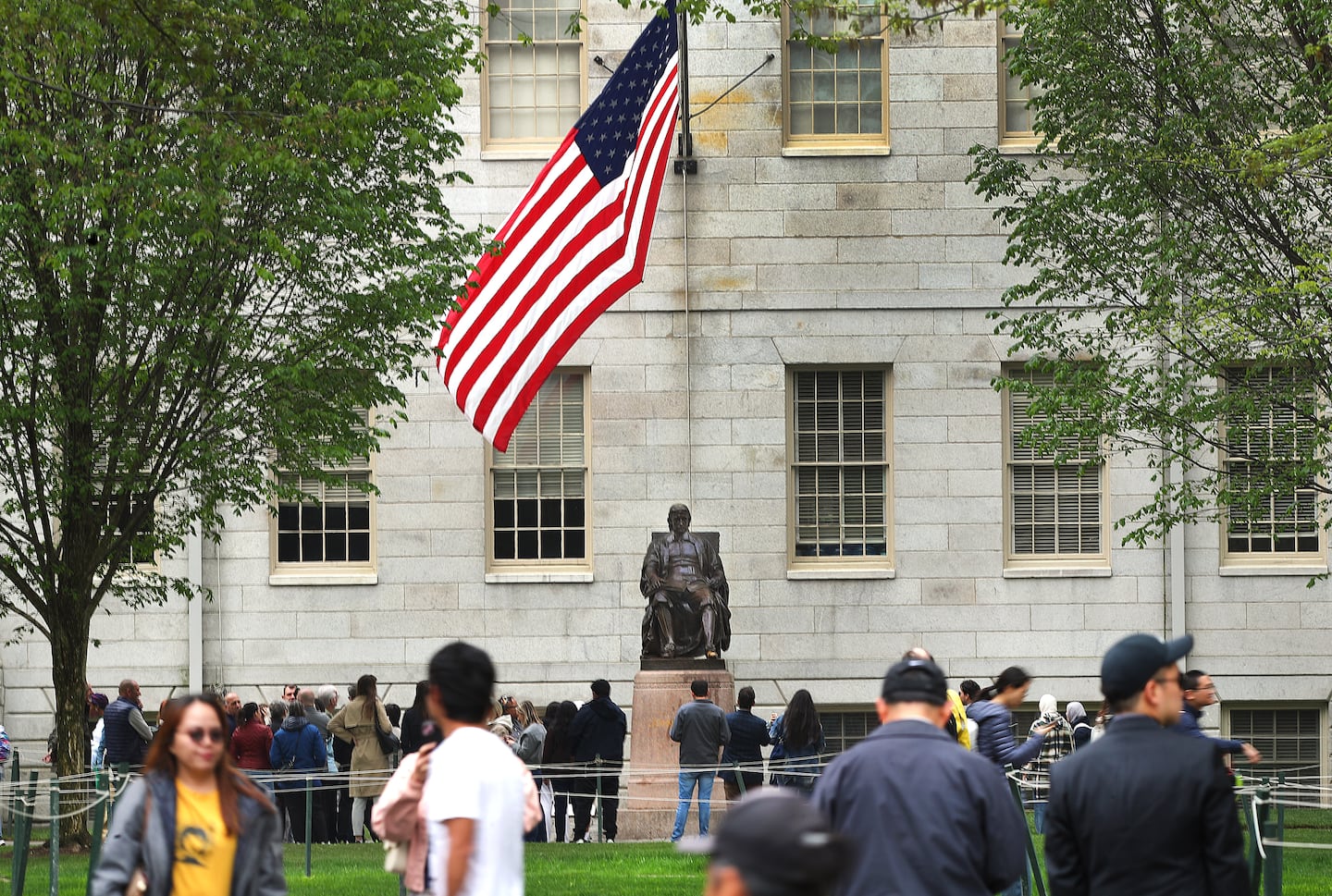Linda McMahon’s Harvard Funding Cut Sparks Debate on Academic Freedom and Government Overreach
The recent decision by U.S. Education Secretary Linda McMahon to bar Harvard University from receiving federal research grants has ignited a fierce debate about the role of government in higher education. The move, outlined in a sharply worded letter to Harvard President Alan Garber, accuses the university of systemic mismanagement, ideological bias, and failing to uphold academic standards. This unprecedented action has drawn mixed reactions, with some praising it as a necessary accountability measure and others condemning it as political overreach.
McMahon’s letter, posted publicly on social media, declares that Harvard “should no longer seek grants from the federal government, since none will be provided.” She criticizes the university for allegedly violating federal laws, abandoning merit-based admissions, and fostering a culture of “resentment and grievance” through identity-based programs. The letter also references past scandals, such as plagiarism allegations against former Harvard President Claudine Gay, and lambasts the hiring of former Democratic mayors like Lori Lightfoot and Bill de Blasio as fellows.

McMahon’s letter, posted publicly on social media, declares that Harvard “should…
Harvard has responded defiantly, framing the administration’s demands as an unconstitutional attempt to control academic freedom. The university has filed a lawsuit challenging the funding freeze, arguing that no government should dictate what private institutions teach, whom they hire, or which areas of research they pursue. This standoff highlights a broader cultural and political battle over the future of higher education in America.
The Legal and Constitutional Battle
The Trump administration’s actions raise significant legal questions. Harvard’s lawsuit argues that the funding freeze violates the First Amendment and the Administrative Procedure Act, which requires federal agencies to follow due process before withdrawing funds. Legal experts are divided on whether McMahon’s directive will hold up in court, especially given a recent ruling that rebuked the administration for retaliating against a law firm over free speech issues.
Critics of the administration’s approach, including prominent higher education advocates, warn that withholding federal grants based on ideological disagreements sets a dangerous precedent. They argue that research funding should be awarded based on merit, not political alignment. If the administration prevails, it could embolden future governments to use funding as leverage to enforce compliance with their policy preferences.
The Broader Implications for Higher Education
This confrontation is not just about Harvard; it reflects a wider effort by the Trump administration to reshape American universities. Over the past few months, the Department of Education has launched investigations into dozens of colleges over antisemitism claims and diversity initiatives. The administration has also targeted Title IX compliance and threatened to revoke tax-exempt status for institutions that resist its demands.
For Harvard, the loss of federal grants could have serious financial consequences. While the university boasts a $53 billion endowment, federal funding accounts for over 10% of its annual revenue. Research projects in medicine, science, and public health—many of which rely on grants from agencies like the National Institutes of Health—could face disruptions. Some faculty members have even offered to take pay cuts to help offset the financial impact.
Wealthy Donors and the Future of Harvard
The standoff has also divided Harvard’s donor base. Some wealthy alumni, including hedge fund manager Bill Ackman, have applauded the administration’s push for reforms, while others worry that capitulating to political pressure could undermine the university’s independence. The Boston Globe reports that major donors are privately debating whether Harvard should fight the administration in court or negotiate a compromise.
Meanwhile, the academic community is watching closely. If Harvard prevails in court, it could reaffirm the autonomy of private universities. But if the administration succeeds, other elite institutions may face similar pressures to conform to government mandates on admissions, hiring, and curriculum.
A Pivotal Moment in the Culture Wars
At its core, this conflict is part of a larger cultural struggle over the role of universities in American society. The Trump administration has framed elite institutions like Harvard as bastions of liberal indoctrination, while defenders of higher education see them as vital centers of free inquiry and innovation. The outcome of this battle could redefine the relationship between academia and government for years to come.
As the legal and political drama unfolds, one thing is clear: the stakes could not be higher. The fight over Harvard’s funding is not just about one university—it’s about who gets to decide the future of knowledge, research, and education in America.
External Post Links:
Stand and fight? Or cut a deal? Wealthy donors have mixed feelings about Harvard’s standoff with Trump.
Why Harvard should fight the Trump administration’s research grant punishment

